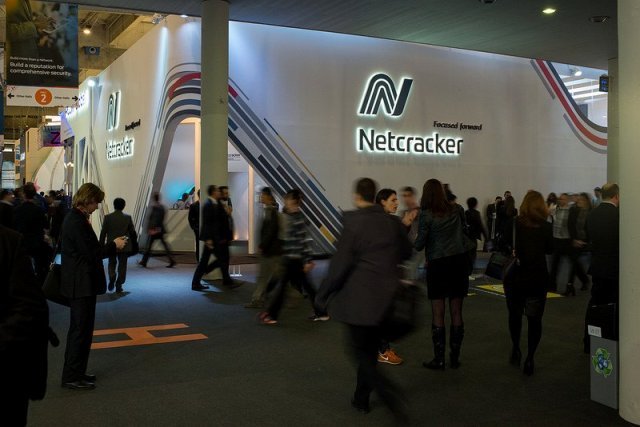Netcracker Technology has bagged an extension deal for BSS and professional services from Charter Communications as part of its standardization program.
Netcracker Technology did not reveal the financial details of the BSS deal.
Charter will leverage Netcracker’s solution and services to reduce operating costs, support increasing customer demands for complex digital services, and improve and standardize customer-facing services and processes.
“Netcracker’s Revenue Management and CRM solutions give us flexibility and functionality needed to deliver the best possible experience to our customers as they demand more digital services,” said Mike Ciszek, senior vice president of Billing Operations at Charter.
 Charter is the second largest cable service provider in the United States providing services to more than 25 million business and residential customers.
Charter is the second largest cable service provider in the United States providing services to more than 25 million business and residential customers.
The acquisition of Time Warner Cable and Bright House Networks in 2016 prompted Charter for standardizing and simplifying core customer-facing services and processes across the combined business.
Netcracker’s BSS solution provides Charter with CRM, ordering and billing capabilities for approximately half of its expanded customer base, said Christopher Finn, general manager of North America at Netcracker.
Charter Communications earlier said its first quarter residential and SMB customers rose 261,000, compared to 355,000 during the first quarter of 2017. Charter had 27.5 million total customers and 52.5 million PSU customers in Q1 2018.
Charter added 225,000 residential and SMB video, Internet and voice customers in Q1 2018. Charter added 362,000 Internet customers. Charter lost 112,000 video users and 25,000 voice customers during the first quarter.
Charter’s revenues rose 4.9 percent to $10.7 billion in Q1, driven by 4.8 percent residential revenue growth, 5.3 percent commercial revenue growth, and 5.6 percent advertising revenue growth.
Capital expenditures totaled $2.2 billion compared to $1.6 billion during the first quarter of 2017. Capex included $186 million of all-digital costs and $17 million of 2018 mobile launch costs.
